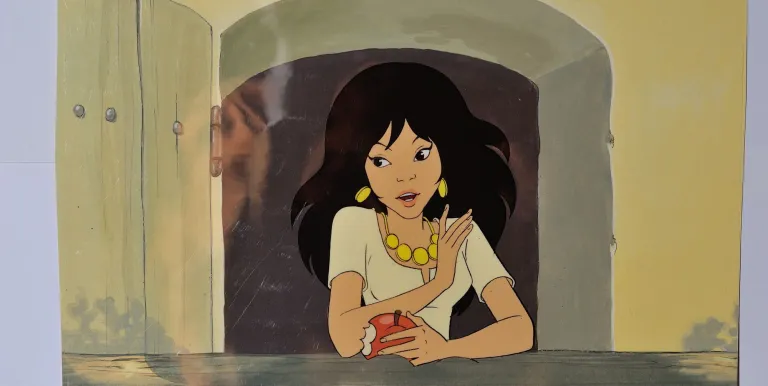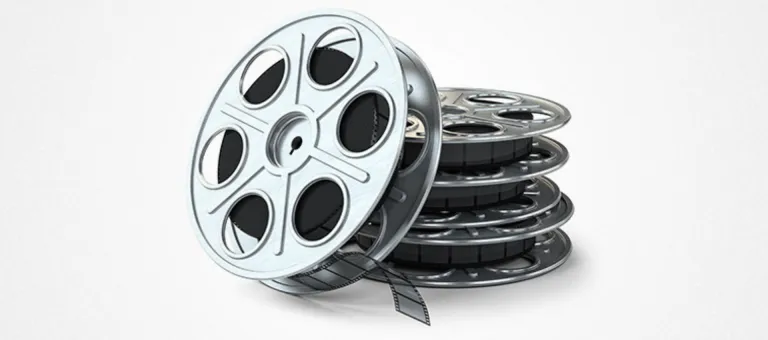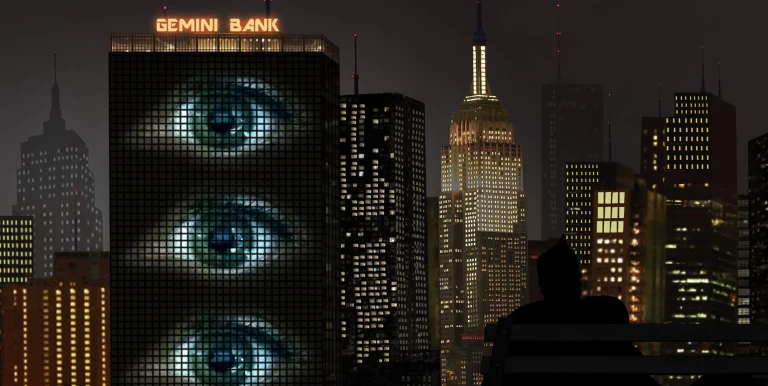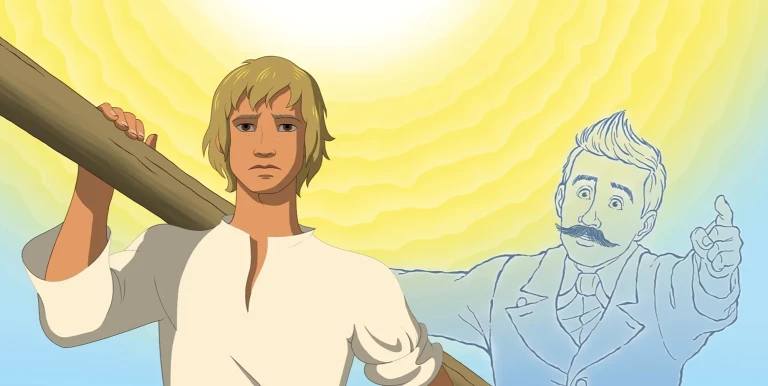The program was cancelled
The program was cancelled
Dear Visitor,
We regret to inform you that, pursuant to the decision of the Hungarian government and in light of the pandemic situation, all of our performances until 31 January 2021 have been cancelled. We will refund the price of tickets for programmes organised by Müpa Budapest itself: you can claim refunds for individual tickets by clicking here, and for tickets that are part of season tickets on this page.
Only Müpa Budapest's own productions can be registered on our interface. For information regarding ticket refunds for hosted performances, meaning ones not organised by Müpa Budapest, please enquire with the organiser of the performance.
Thank you for your understanding and cooperation!
Walking down Buda's Alkotás ('Creation') Street, one can savour the pleasant thought that after the Viennese world première of Joseph Haydn's oratorio The Creation, it was here in Pest-Buda where the work was played next - with the composer himself conducting. One of the most beautiful chapters in the memory of Hungarian music history is the one about Haydn being considered, at least in part, one of our own. Müpa Budapest's exhibition Haydn and Hungary, which will be on display in the Foyer between 30 December and 15 January, presents the facts about the composer's relationship with this country while also shedding light, in a nutshell, on many important details of Haydn's life and career.
A composer whose works include such movements as a 'Rondo all' Ongarese'? Who wrote two quartets known as the 'Erdődy' and the 'Apponyi'? Who spent a good part of his life as the resident musician in service to the princely Esterházy family, a period from which the National Széchényi Library keeps a host of his manuscripts? Well why shouldn't we feel that he was a part of Hungarian culture in the broad sense of the word? It is no coincidence that Hungarian musicology has given the world internationally renowned Haydn researchers like Dénes Bartha, László Somfai and János Malina. The eye-catching tableaus of Müpa Budapest's exhibition, which is based on the results of this research, acquaints visitors with the world of the Esterházys, the town of Kismarton/Eisenstadt, the 'Hungarian Versailles' at Fertőd, Haydn's contract, his 'disciplinary regulations' and work conditions. We will also get to see the baryton (Prince Nikolaus's favourite instrument, for which Haydn had to compose 170 works), and the composer's own manuscripts. Not to mention getting to read about the repertoire of the Esterházy's opera house and puppet theatre, Haydn's symphonies, the Kaiserhymne, and the Hungarian motifs that appear in the composer's music. Here's a chance to learn more about Haydn's relationship with Hungary!
Curators: Katalin Kim, Pál Horváth (Musicology Institute of the Hungarian Academy of Sciences Research Centre)
Presented by: Müpa Budapest
-
We wish to inform you that in the event that Müpa Budapest's underground garage and outdoor car park are operating at full capacity, it is advisable to plan for increased waiting times when you arrive. In order to avoid this, we recommend that you depart for our events in time, so that you you can find the ideal parking spot quickly and smoothly and arrive for our performance in comfort. The Müpa Budapest underground garage gates will be operated by an automatic number plate recognition system. Parking is free of charge for visitors with tickets to any of our paid performances on that given day. The detailed parking policy of Müpa Budapest is available here.










